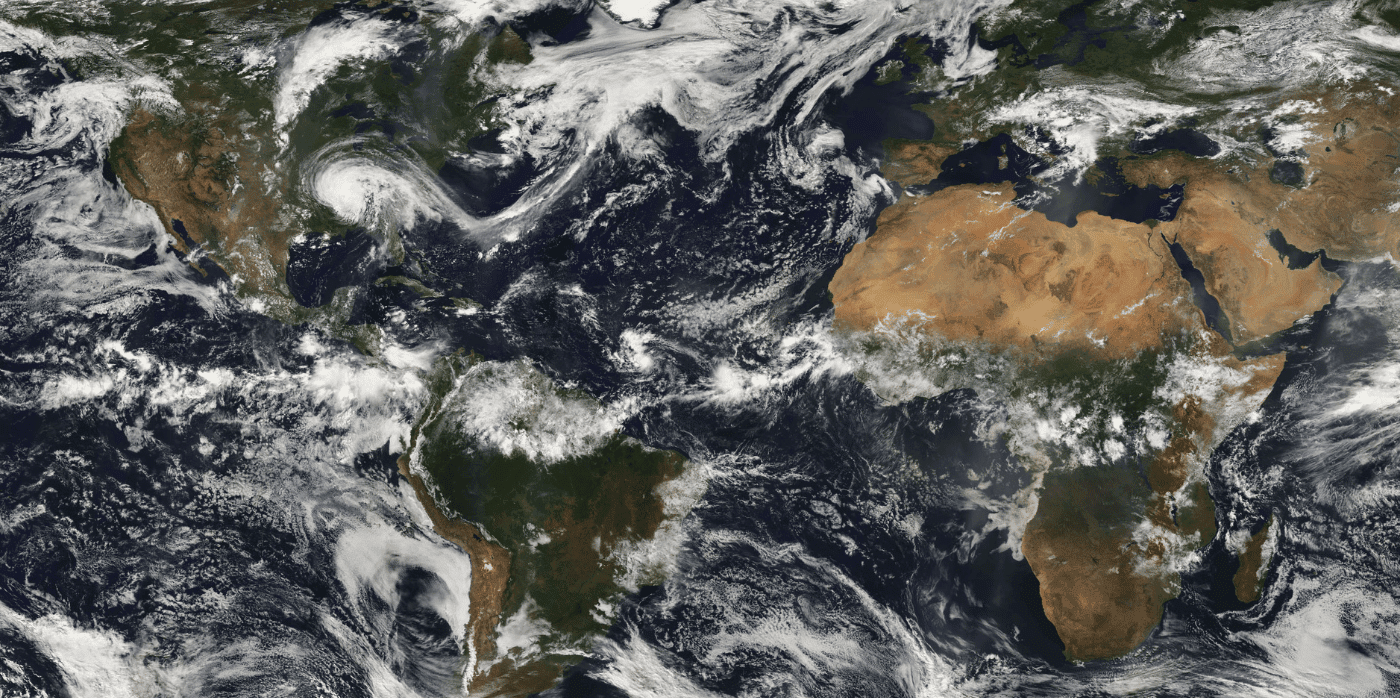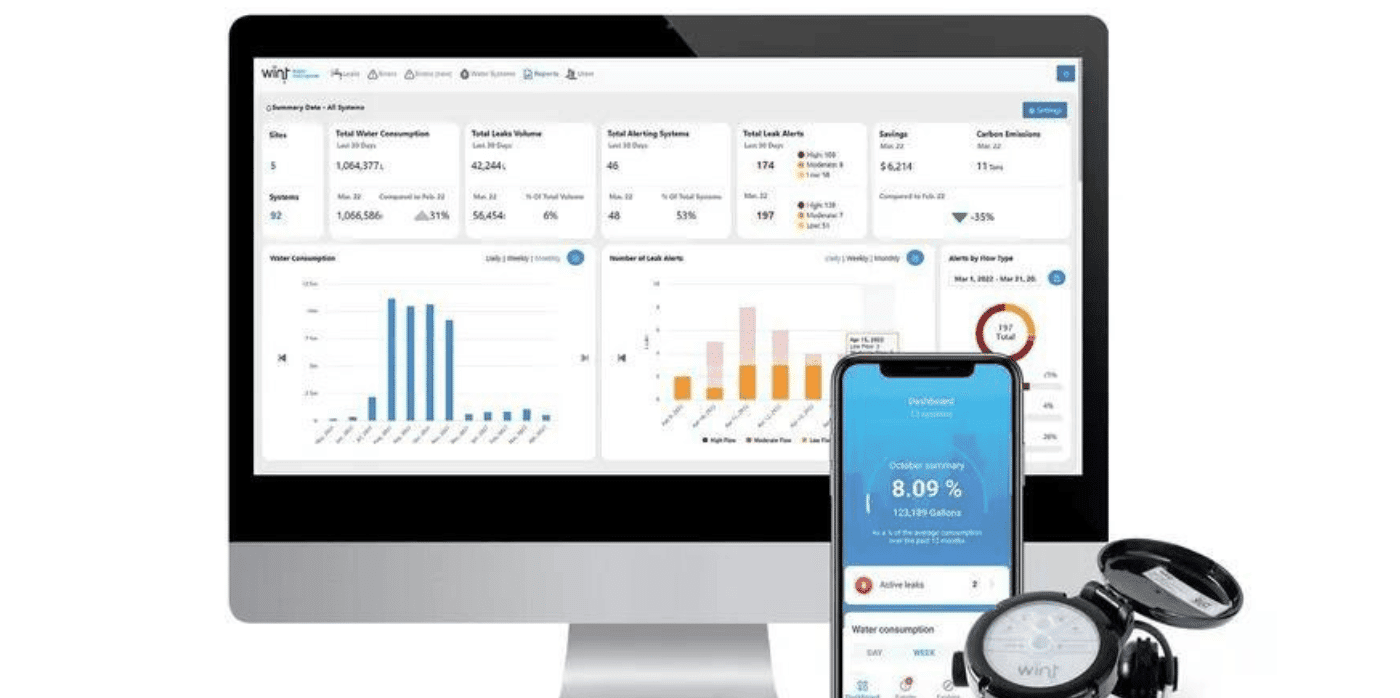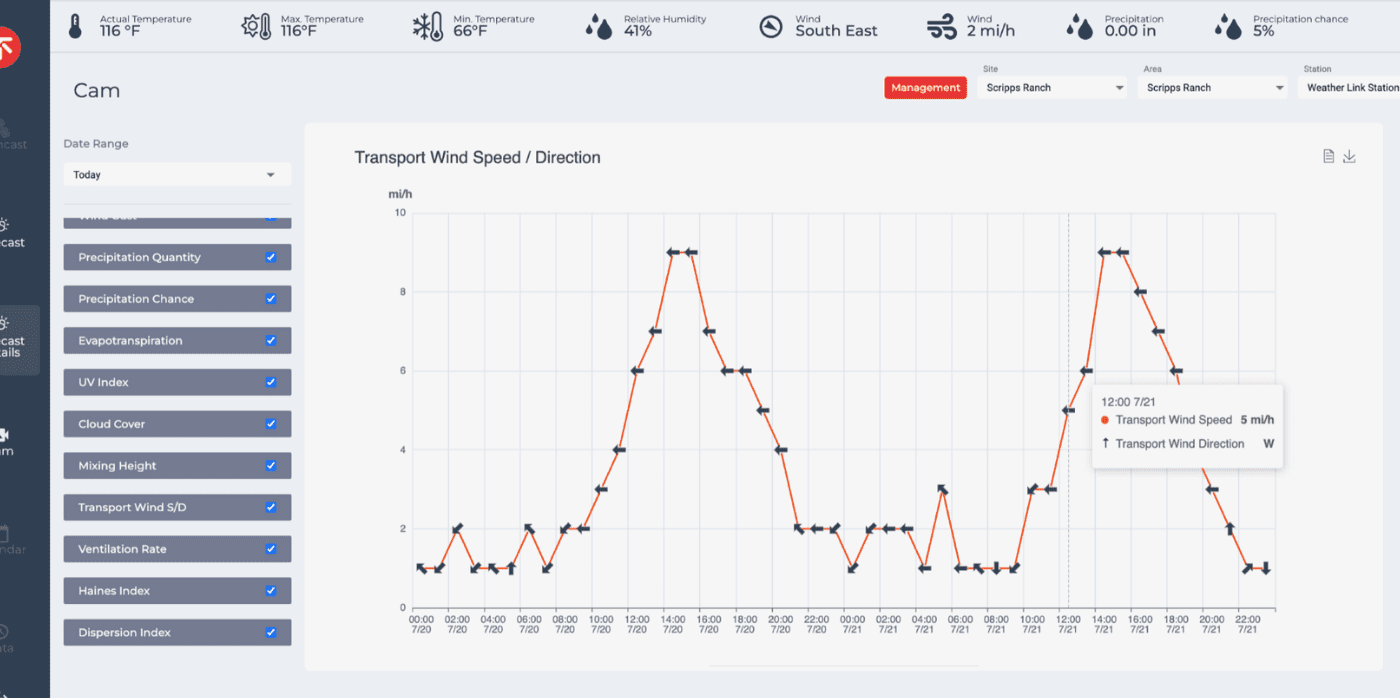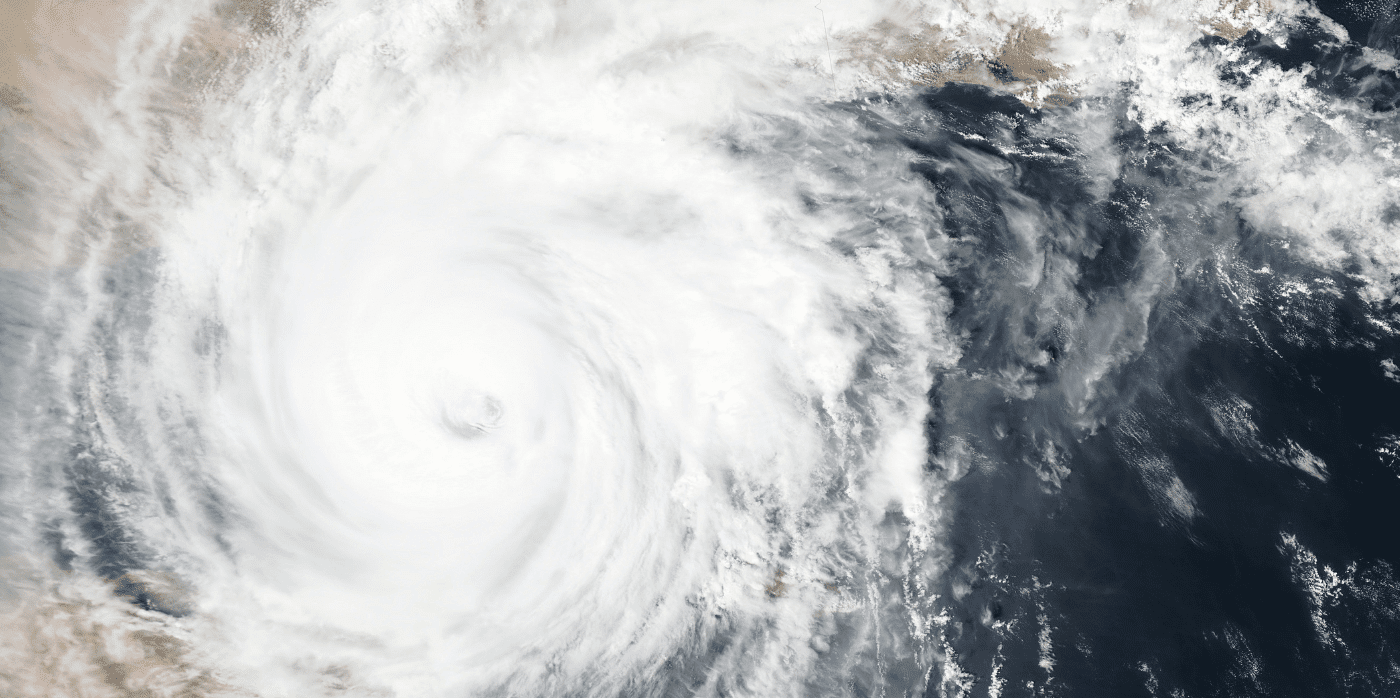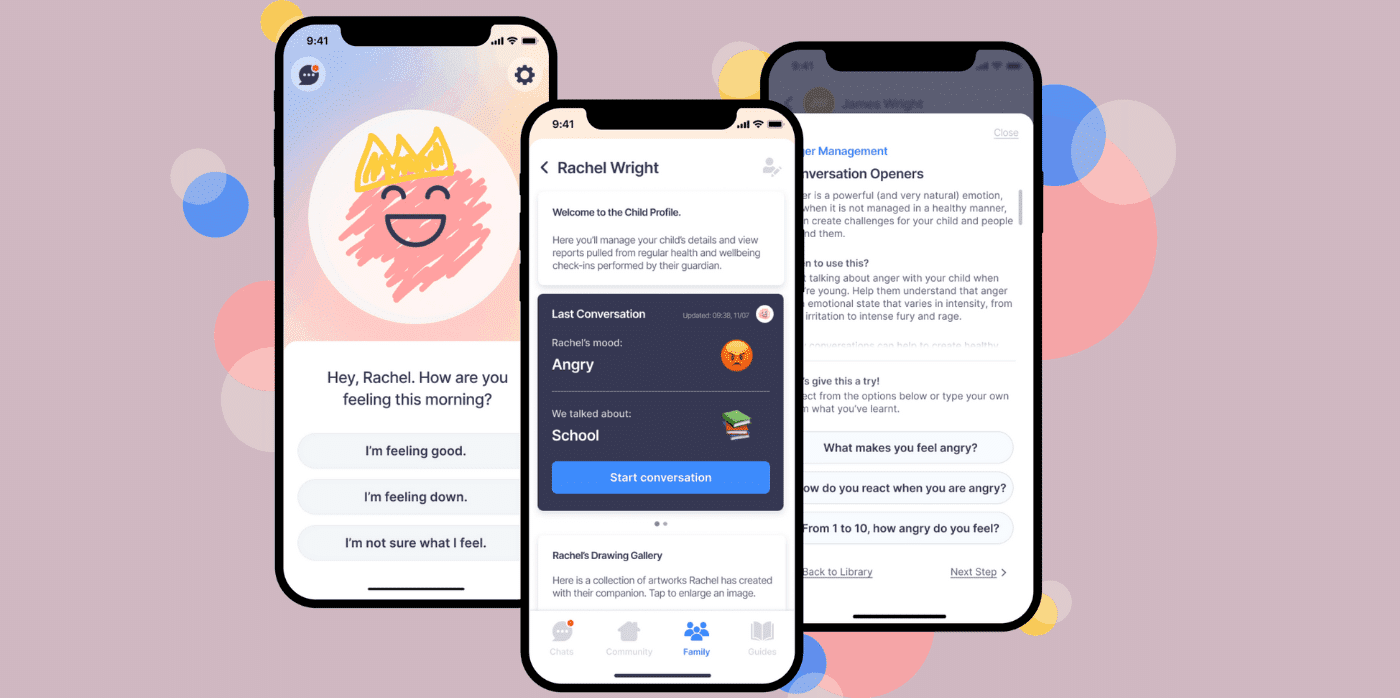Redefining climate forecasts with AI-powered precision

Spotted: The volatility of weather is increasing as climate change affects all regions around the world. The International Energy Agency reports that “the temperature today is around 1.2 degrees Celsius above pre‑industrial levels, and global emissions have not yet peaked.” More changes are likely, making it even more challenging for businesses to plan for and predict future scenarios.
A new AI-powered forecasting engine has a solution to the volatility of weather and its impact on business cycles. Designed explicitly for the commonly used quarterly reporting format of businesses across many industries, Planette AI’s climate intelligence provides mid-range forecasts up to five years in the future. Reports are available seasonally, quarterly, annually, and by the decade.
The precision of the forecasts is made possible by Earth system models that incorporate ice, oceans, and land surfaces, as well as the traditional review of the atmosphere. The Planette team then adds artificial intelligence to the process to produce rapid, timely forecasts. Without the use of the AI, forecasts based on such detailed physics data would take hundreds of hours to create.
The workflow is patent-pending, and each forecast includes an analysis of 14 variables, including flood, fire, and hurricane risk, along with the potential for hail and tornadoes and the strength of the electromagnetic radiation from the sun (solar irradiance). Each forecast covers 25 square kilometres, and companies can request analysis for as many areas as needed.
Planette AI integrates its forecasts into each company’s own API and automatically updates forecasts quarterly. Each forecast also comes with a hindcast, where Planette AI reviews its predictions against actual events and measurements. Doing this helps strengthen the AI and provides businesses with insight into the system’s accuracy. So far, hindcasts for one-year forecasts have proven to be more than 80 per cent accurate worldwide, with up to 90 per cent accuracy in some locations.
As global weather patterns change, innovators are creating new methods of making what feels like constant change somewhat predictable. Examples in Springwise’s library include micro-climate forecasting for the energy sector and hyperlocal rain predictions for the tropics.
Written By: Keely Khoury

